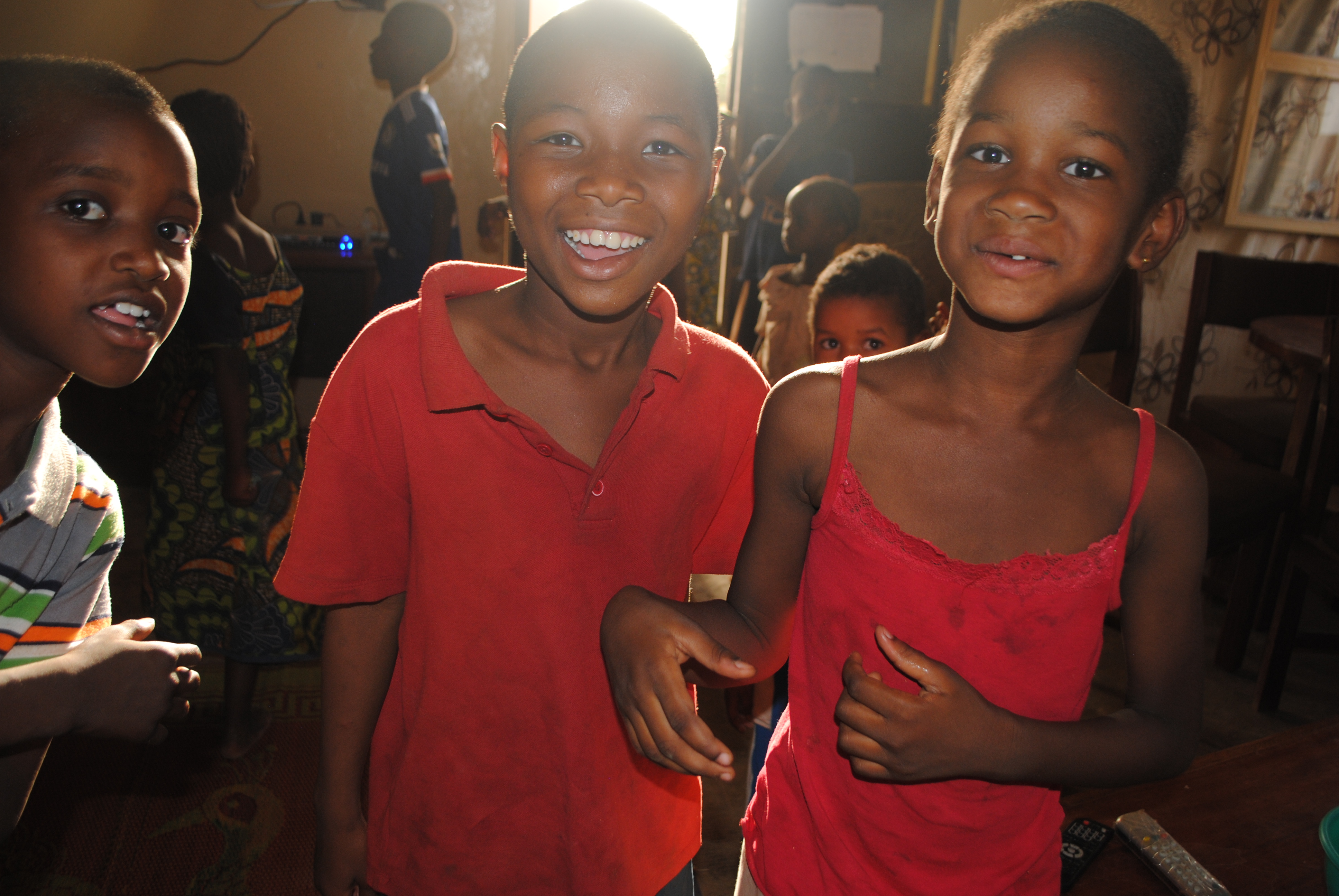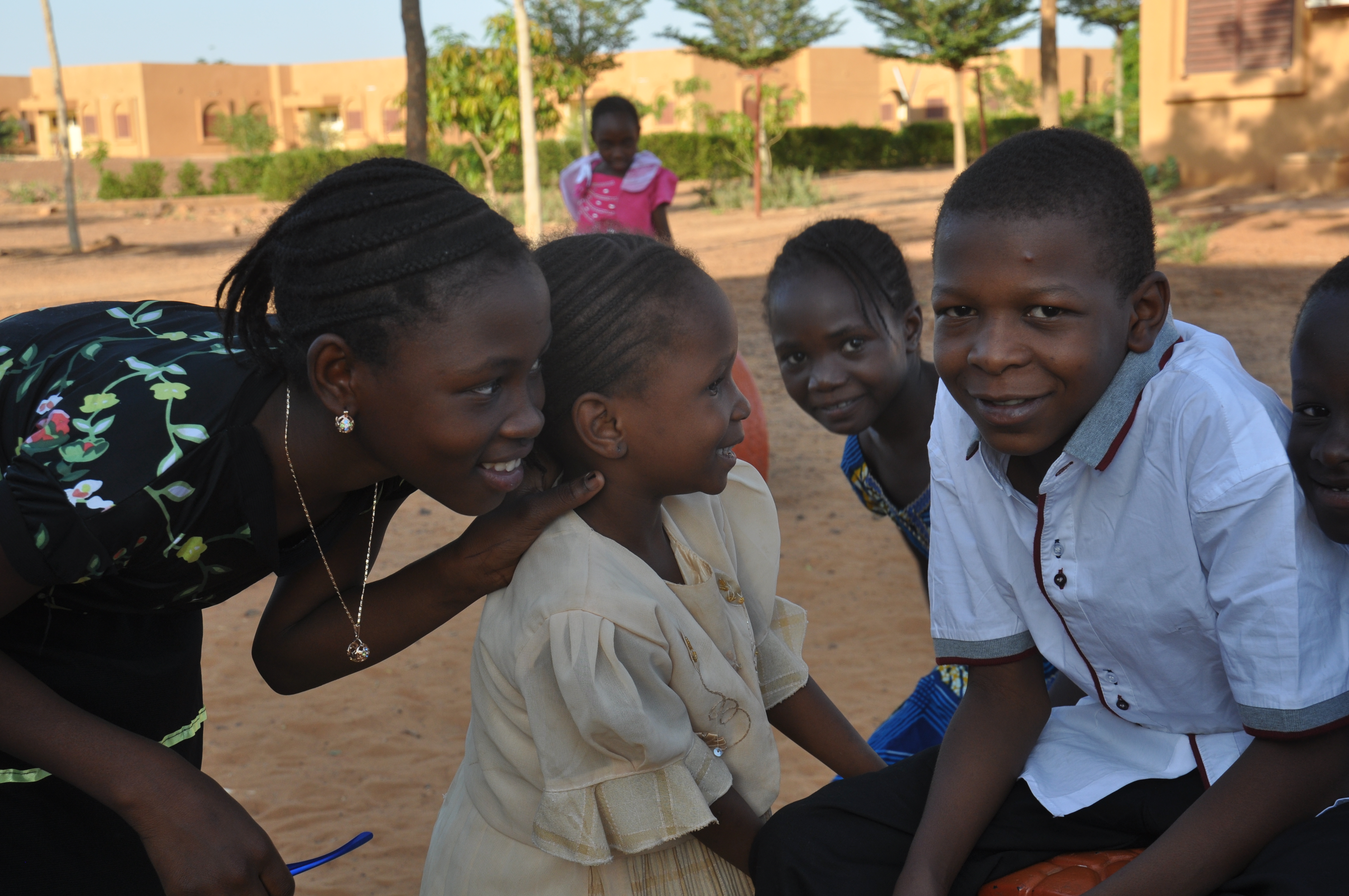The lives of millions are threatened recurring drought
.jpg?width=800)
The entire Sahel region is regularly affected by global rises in food prices, failed harvests and recurring drought, and Niger is one of the countries that is hit the hardest. In 2005 food shortages in the country caused countless deaths among children under the age of five; severe drought hit again in 2008 and in 2009. In 2012, another food crisis loomed, threatening to leave 13 million people in the Sahel region in need of emergency food assistance. In Niger alone, 5.5 million people have no secure sources of food.
The United Nations has stated that the cost of preventing malnutrition in good time is around one US dollar per day per child – far less than the cost of responding once a food crisis has reached emergency proportions, when it rises to 80 US dollars per day/child. Prevention is therefore not only important for saving lives and preventing malnutrition and its consequences, but it is also the far more cost-effective option.
While emergency aid is indispensable for alleviating hunger, screening and treating malnourishment and saving lives, more needs to be done to stabilise the food security of the population in the long run, as droughts are bound to recur. Early warning systems are now being put in place in the hope that this will allow the international community to respond sooner.
Furthermore, to achieve long-term improvement the affected countries need support so that they can develop programmes, for example to implement agricultural assistance, sustainable food production, guidance for parents on good feeding practices, as well as functioning health care, water, and sanitation systems for the entire population.
Immediate help and long-term structural improvements
SOS Children’s Villages has been working towards alleviating hardship in Tahoua since 2008. In 2010, we started providing emergency relief, reaching over 10,000 people affected by the food crisis. We provide food packages, medical assistance to those suffering from malnutrition, as well as information and training on how to treat the most common illnesses caused by malnutrition.
To help secure the food supply of villages in the future, we constructed cereal banks for more effective storage. Further measures to prevent soil erosion, improved water management methods and fast-growing seeds could also help prevent food crises in future.
What we do in Tahoua
.jpg?width=800)
Another important pillar of our efforts in Niger is the work of the SOS Social Centres. In cooperation with local authorities and other organisations, we work directly with families and communities with the aim of empowering them to effectively protect and care for their children. To this end, our social centres in Tahoua offer a family strengthening programme to support at-risk families. We extend assistance to people affected by tuberculosis, malaria and HIV/AIDS, providing medical care, counselling, and organising information campaigns to raise awareness. Around 500 children and their families currently benefit from the programme.
In addition, the SOS Medical Centre in Tahoua attends to over 2,000 people a year, providing basic medical care and ensuring that children have access to basic services such as educational, nutritional and health support to ensure their healthy development. The medical centre is open to the community, many of whom have nowhere else to turn to.
For children from the region who can no longer live with their parents, twelve SOS families can offer a loving home for up to 120 children. They live with their brothers and sisters and are affectionately cared for by their SOS mother.
The children attend the SOS Kindergarten together with children from the neighbourhood. This way, it is ensured that they are integrated into the community from a young age. The children then go on to complete their primary education at the SOS Hermann Gmeiner School, which is attended by around 210 pupils.